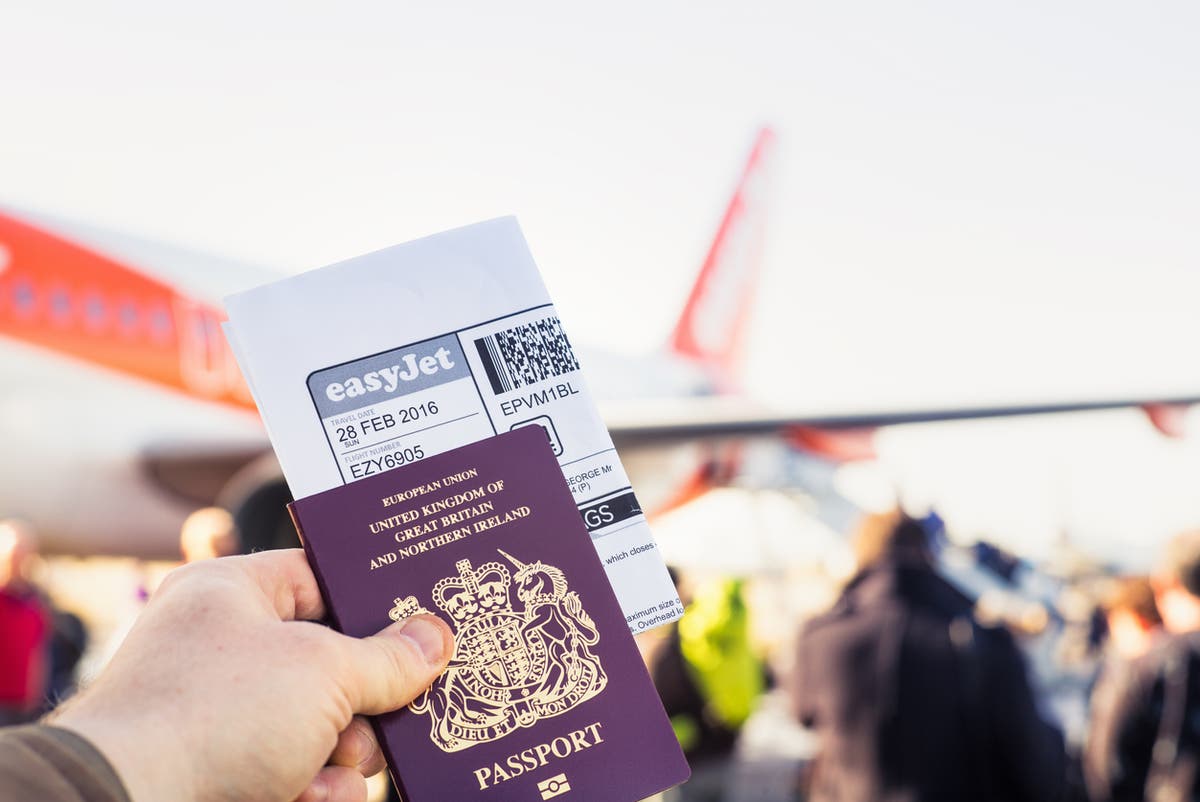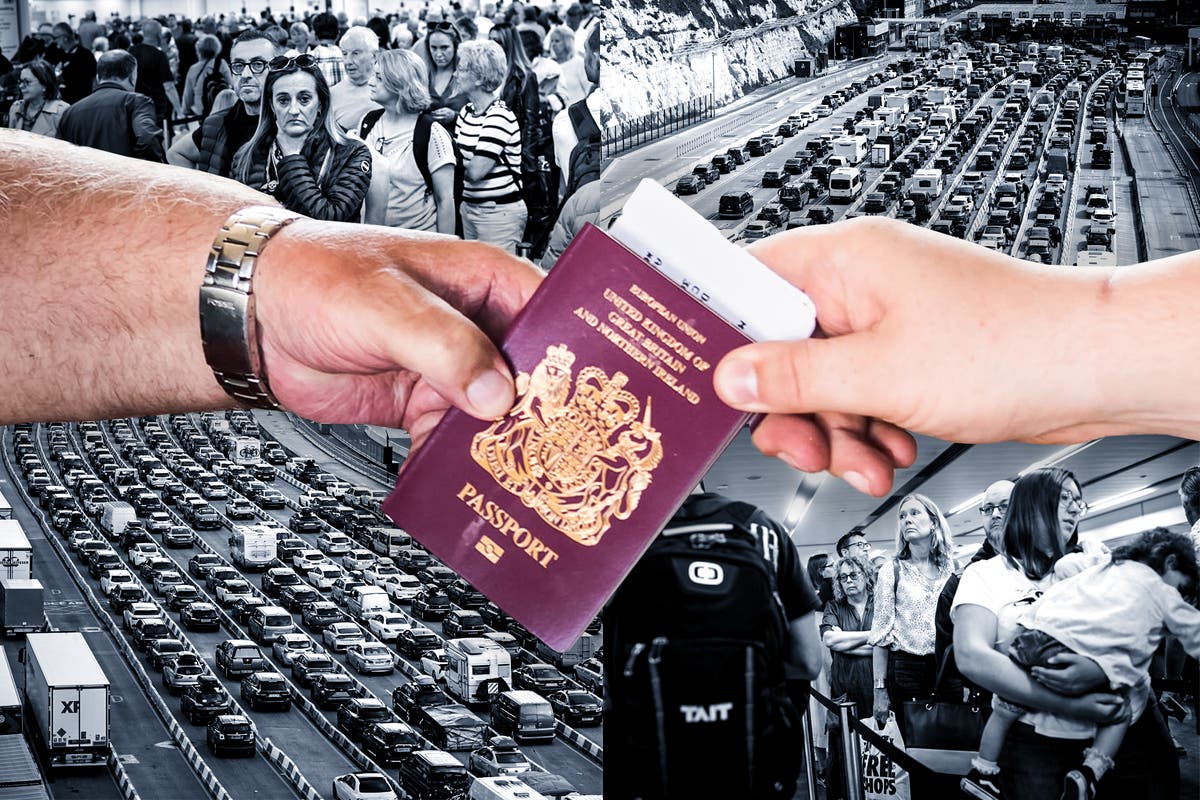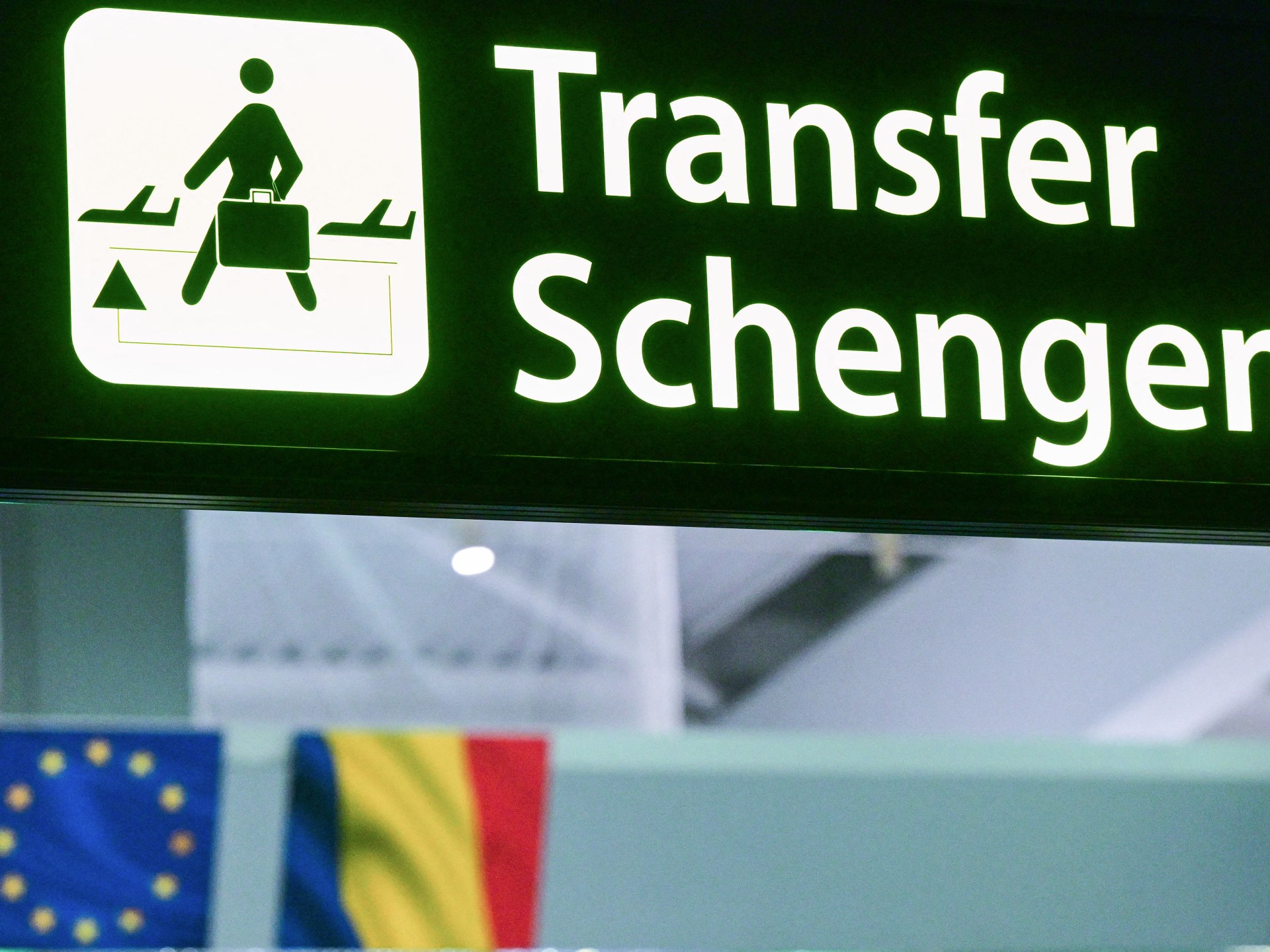Brits warned about new EU travel rules that could ban you from Europe for three years
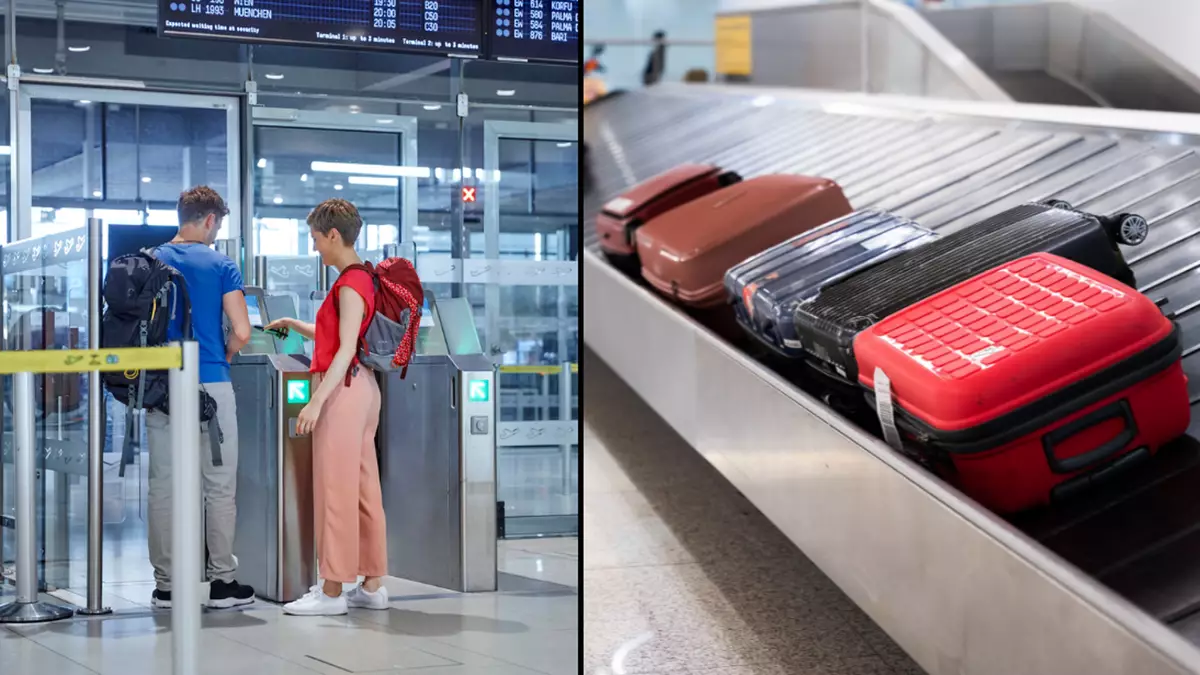
Getting on a plane and flying to your destination of choice is something we all look forward to. But those of us who are jet-setting more often than once a year need to pay close attention to new laws that could see you banned from Europe for three years.
Travel has already changed significantly since the United Kingdom voted to leave the European Union, with the UK no longer signed up to the EU’s principle of free movement between countries sharing membership.
We’ve been dealing with longer passport queues and more often than not, the need for visas to legally enter some nation states.
And now, new systems that the EU has been thinking about for a good few years are finally set to be enforced which complicates matters for a fair few Brits who love getting away.
The new travel rules
We’re talking about the EU Entry/Exit System (EES). It’s designed to work as an automated system for registering those travelling from the UK and other non-EU countries, which is set to be brought in in October this year.
It’ll be triggered every time you cross the border to an EU country, whether through an airport or at a physical border like crossing the English Channel and arriving in to France.
There’s also the European Travel Information and Authorisation System (ETIAS). This is a travel authorisation to enter the EU for citizens of non-EU countries that do not require a visa to enter the EU.

Getty Stock Images
What does the EES actually do?
The problem for Brits is that the data collected by the EES will now automatically flag when you break pre-existing laws regarding short stays.
Its primary use is for making sure Brits and other non-EU citizens are obeying rules when it comes to the Schengen Area; the official name for the countries within the EU that have signed up to free movement between them.
There are 27 countries in the Schengen Area: Austria, Belgium, Czechia, Croatia, Denmark, Estonia, Finland, France, Germany, Greece, Hungary, Iceland, Italy, Latvia, Lithuania, Liechtenstein, Luxembourg, Malta, Norway, the Netherlands, Poland, Portugal, Slovakia, Slovenia, Spain, Sweden and Switzerland.
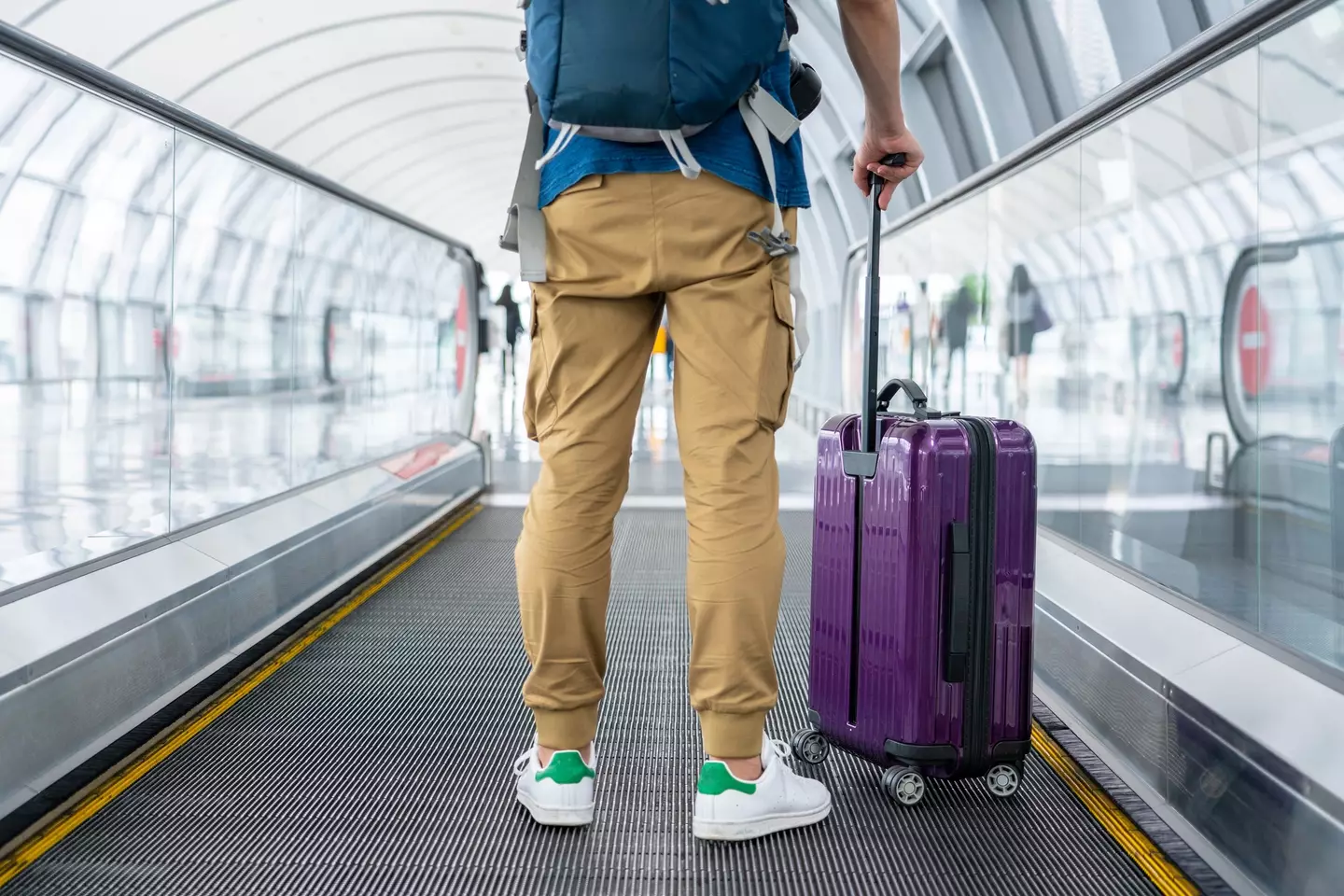
Getty Stock Images
What law breaking will it now flag?
The main rule that the EES will control is known as the Schengen 90/180-Day Rule.
The rule is quite simple but might not even be known to many due to how recently the UK left the EU. Basically, foreign nationals who step foot in any of the Schengen Area’s 27 countries can stay for up to 90 days within any 180 days.
Simple, right? But it’s often misunderstood. And many people overstay it, resulting in them facing unpleasant consequences.
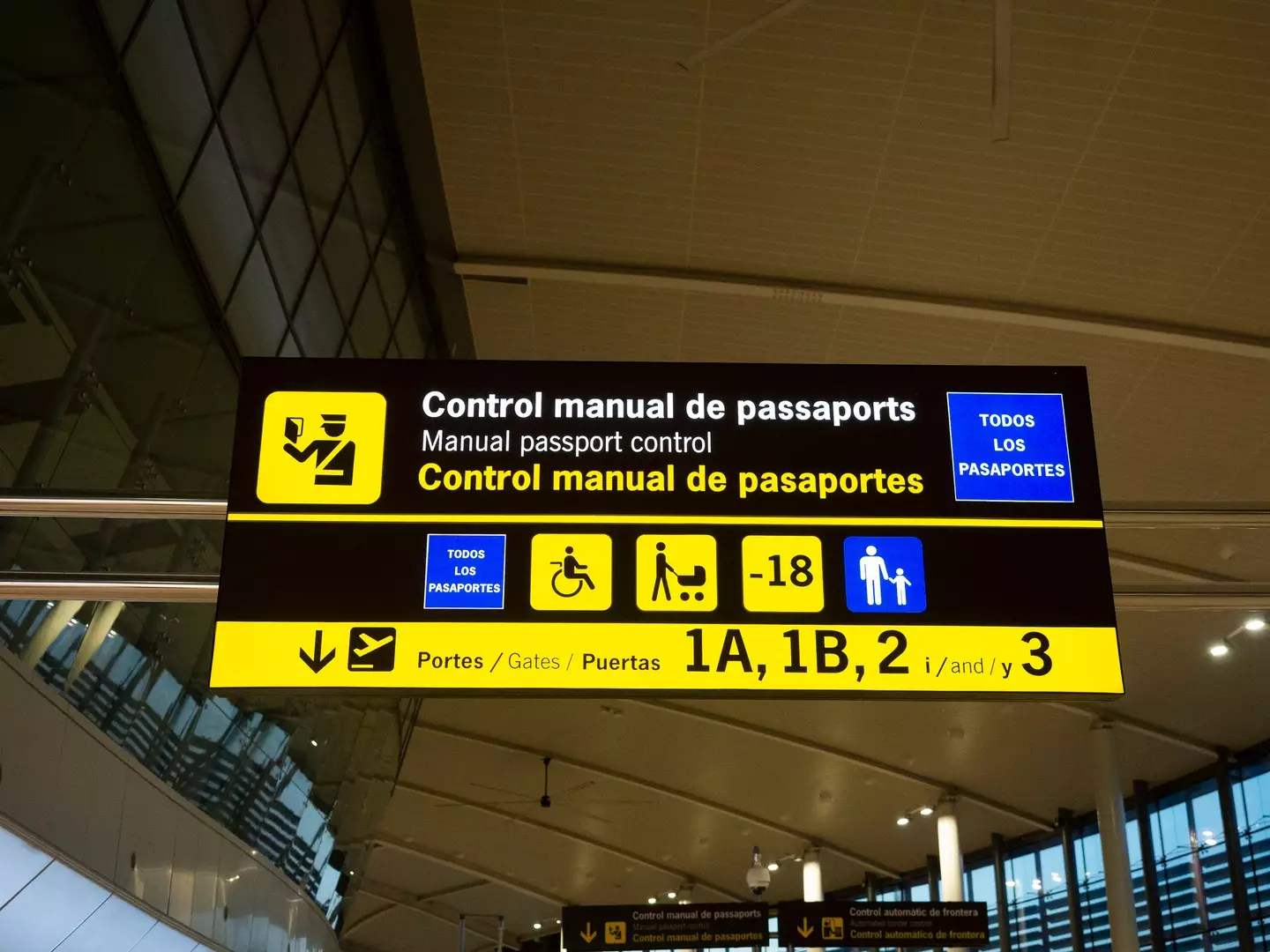
Getty Stock Images
What happens if you spend more than 90 days in the EU within six months?
It’s not good news if you break the law, which will now automatically be trigged by the EES.
Basically, a ban from travelling to any country in the Schengen Area is likely to come your way. This is for either work or leisure reasons, as long as you don’t have a visa to extend your stay.
You could even get immediately deported back to the UK.
The EU says: “A non-EU national who stays in the Schengen area beyond 90 days (without a residence permit or long-stay visa) is illegally present, which can result in a re-entry ban to the Schengen area.
“Working in the Schengen area without a work permit is also illegal (even if less than 90 days) and can likewise result in a re-entry ban to the Schengen area. Depending on the Member State administrative penalties may also apply.”
Bans will last for up to three years, with the EU holding your personal data in relation to the ban for that time period.
Featured Image Credit: Getty Stock Images
Topics: Travel, UK News, World News, Holiday, Crime, Brexit
link

